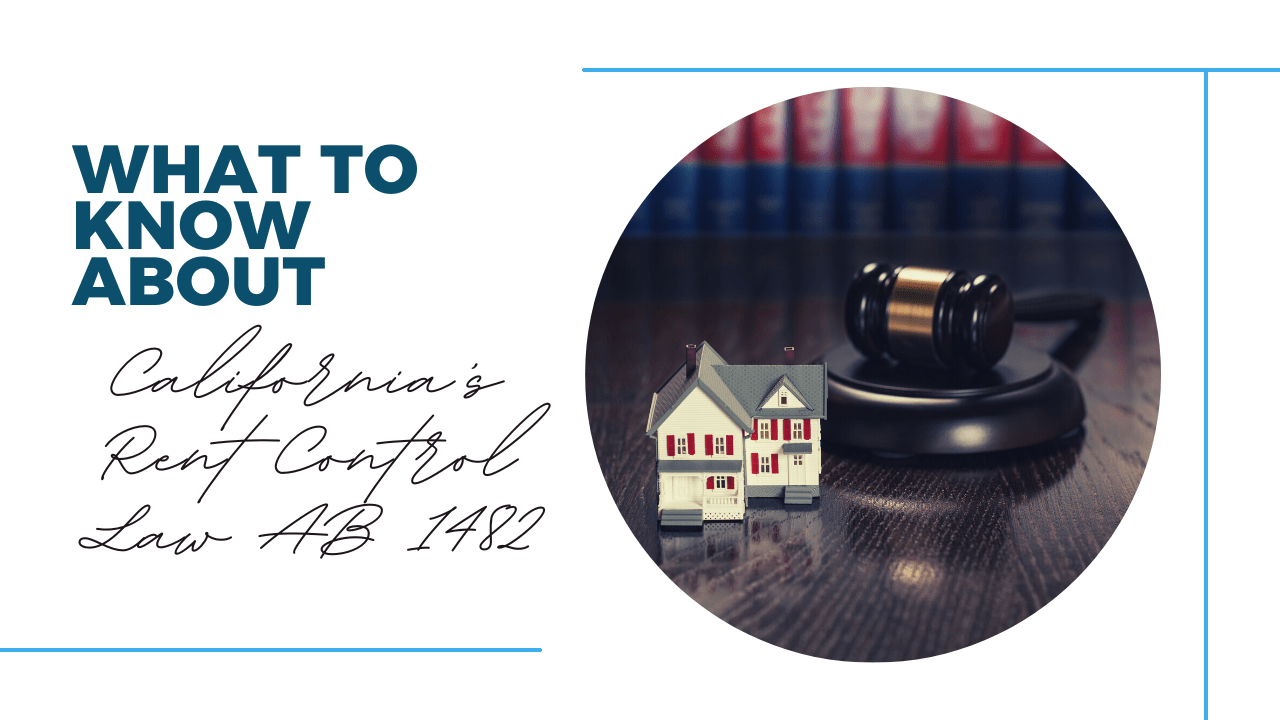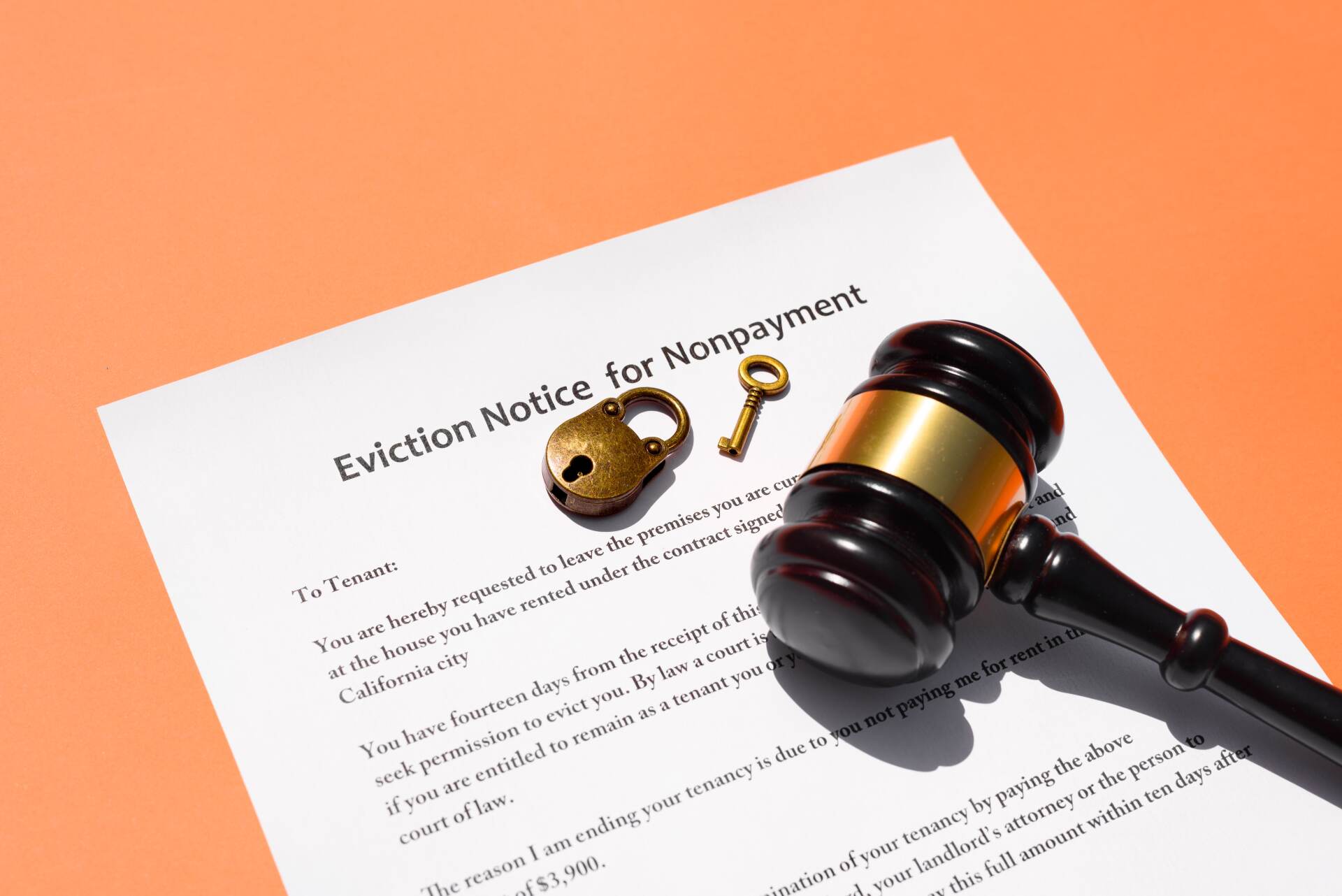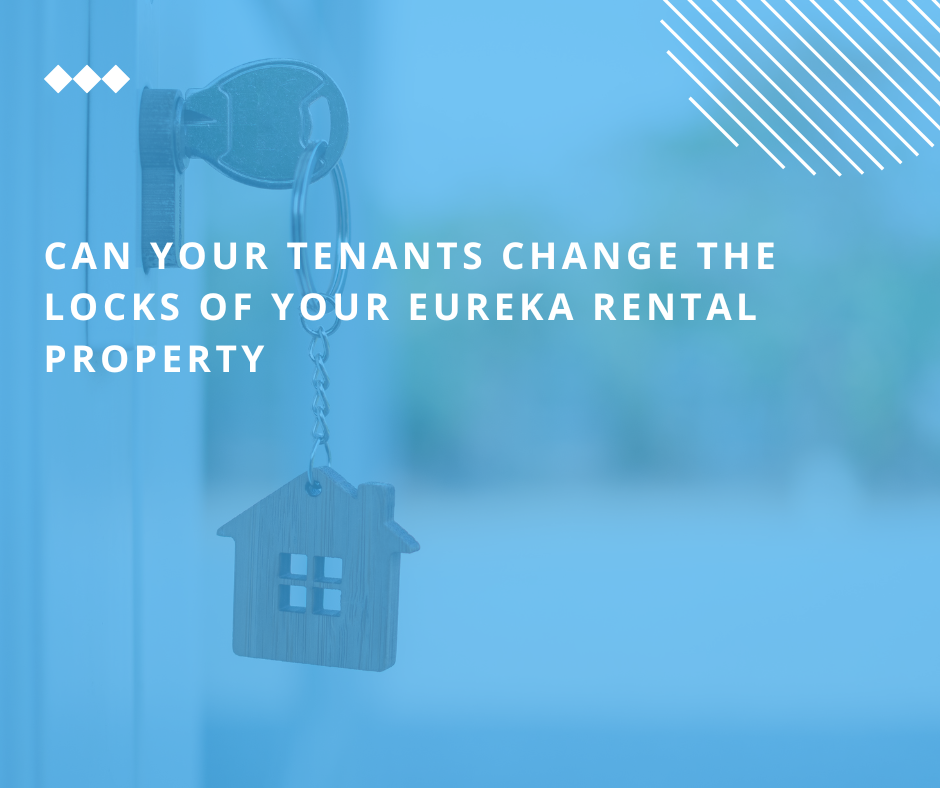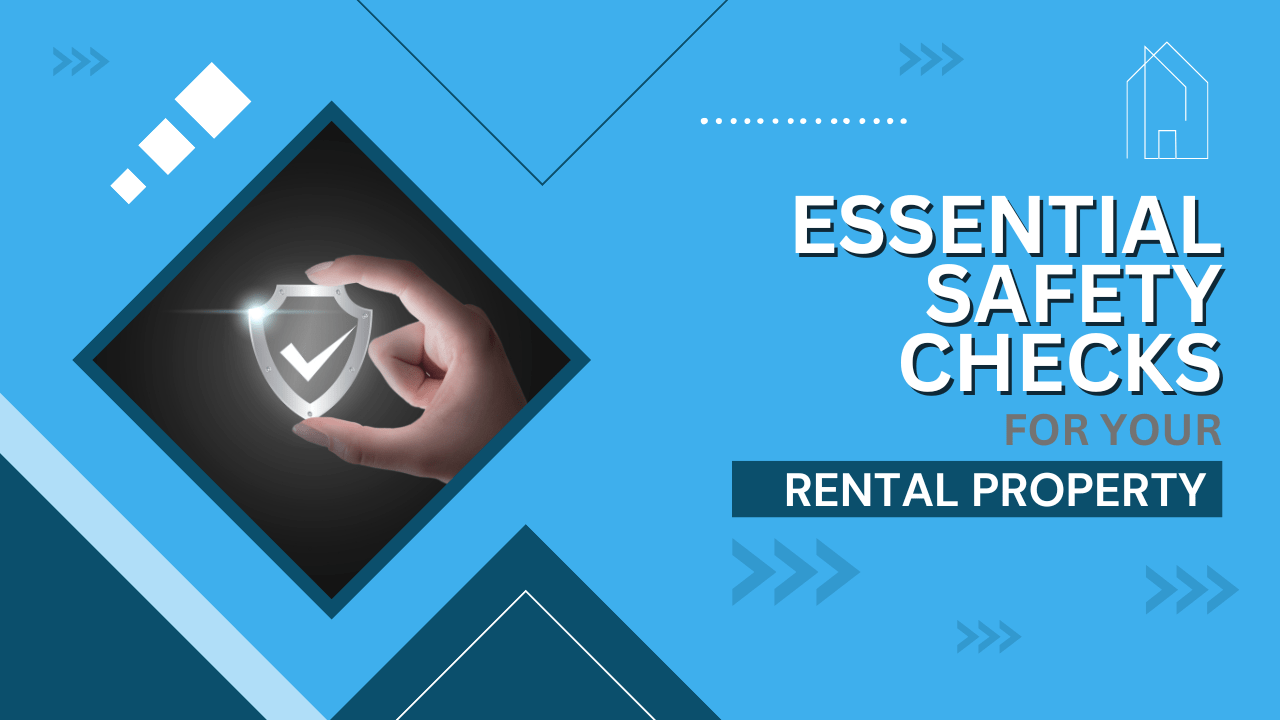A lot of rental property owners across California breathed a huge sigh of relief when the eviction moratorium was finally lifted after the worst of the pandemic had passed. Working with tenants who were not paying rent became exhausting and stressful for a lot of owners, especially those who were not relying on the resources and expertise of a
Eureka property management company.
Even as we return to some state of normal, however, there’s still the matter of statewide rent control.
The rent control law, or AB 1482, was passed as part of The Tenant Protection Act in 2019, and it was implemented beginning on January 1, 2020. With all of the pandemic scrambling and the eviction moratorium talk, it was easy to forget that a major new law impacting rental amounts and eviction processes had been put into place.
But, here we are. Rent control is a loaded topic for rental property owners, and one of the first questions you may be asking is: does it apply to my property?
We are experienced in helping property owners navigate the murky waters of AB 1482. We’re a team of property managers in Eureka, using more than 35 years of experience to serve Humboldt County and the properties that are here.
Here’s what we can tell you about the rent control laws and how they apply to you and your rental properties.
Does Rent Control Apply to Your Eureka Rental Property?
A lot of landlords assume that rent control applies to every rental property in the state of California. That’s not quite the case, however. Whether or not you’re subject to or exempt from rent control laws depends on the type of property you’re renting out, specifically its age and whether it’s a house or an apartment.
If you own a single-family rental home or a condo that’s not part of a real estate LLC, your property is exempt from rent control. A landlord, for example, who is renting out the home they once lived in, does not have to follow the rent control requirements. When you inherit a home from a family member and you put it on the rental market, you can increase rent to any amount from year to year.
The properties generally included in rent control are:
Multifamily properties over 15 years old- Duplexes over 15 years old
- Properties owned by a corporation or a real estate LLC.
When your property is not required to follow rent control, you need to state that in your lease agreement. Make sure there’s language that lets your tenants know their rent is not protected by any cap on increases.
Raising Rent within Rent Caps
The maximum that you are permitted to raise rents under AB 1482 is five percent per year, plus the percentage change in the cost of living, which is set by the consumer price index. We’re in a period of high inflation, and if the five percent plus the cost of living increase is more than 10 percent of the rent, you have to cap your rental increase at 10 percent.
You can only implement a rental increase once in a 12-month period.
Inflation rates fluctuate annually. Last year, it was three percent and this year it’s eight percent. So, the 10 percent cap would apply.
Raising Rent When You’re Exempt from Rent Control
When you’re renting out a single-family home or a unit that is exempt from the rent control laws, we recommend staying in line with rent control best practices even though you’re not legally required to follow these formulas. Our best practice is to keep all rental increases under 10 percent. This will keep your property competitive on the market. It will also signal to your tenants that you understand the implications of rising prices across the economy, and you’re working with them to keep rents competitive.
AB 1482 and Just Cause Eviction
Rent control is the main event when it comes to this new law, but it’s not the only updated legal requirement. There are also just cause eviction requirements. Previously, you could decide not to renew a lease agreement without any cause or reason. Unless your property is exempt from this law, a no-cause eviction is not permissible anymore, at least not without paying a relocation fee to your tenants.
For example, you can only evict tenants for the following reasons:
Nonpayment of rent- Violating the lease agreement
- Criminal activity happening at the property.
Those are valid reasons for eviction even without a just-cause eviction law. Additionally, you’ll be able to evict your tenant when:
You or an immediate family member is moving into the property- You’re remodeling or renovating due to necessity and not just free will. After a renovation or repair, you have to offer the property back to the prior tenant at the same rate they were paying before they had to move.
Eviction processes can be difficult to follow in general. There are specific forms, fees, and timelines that need to be followed. If you need to evict a tenant, make sure you’re talking to a Eureka
property manager or an attorney before you move forward.
The Tenant Protection Act has left a lot of landlords wondering how to proceed with rent control and with evictions. Tenants may rush to challenge you legally if they believe you are violating the rent control protections that are in place, without realizing that the property they’re living in is exempt from rent control. You might find the eviction process to be more cumbersome, especially if you don’t have cause to remove a tenant or if you don’t want to renew a lease agreement at the end of the lease term.
















